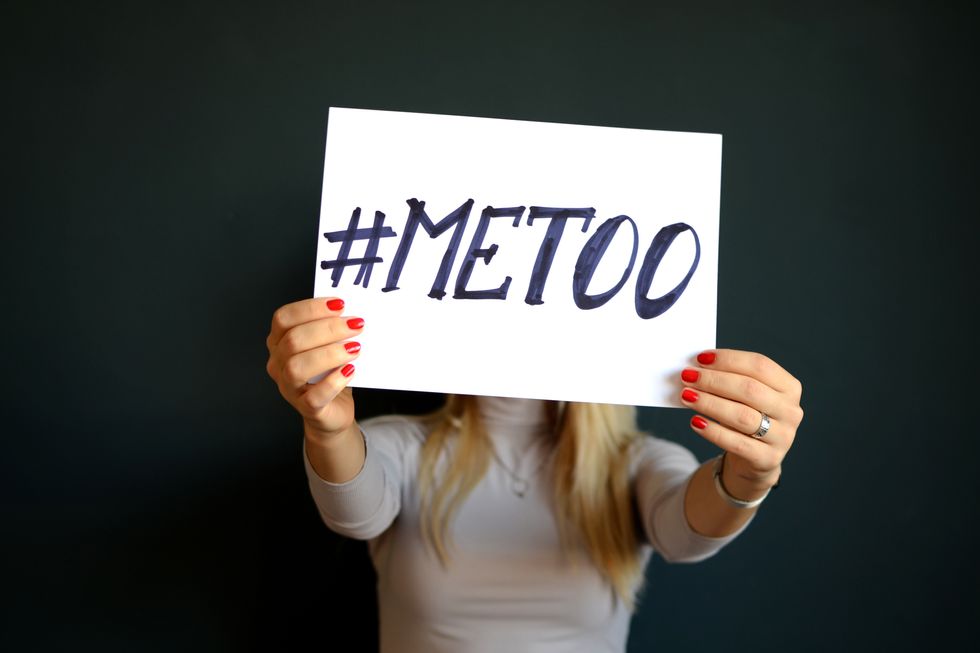April is sexual assault awareness month!
This topic is important to me for multiple reasons: my sorority raises awareness for sexual assault; our philanthropy that raises money for ACCESS (Assault Care Center Extending Shelter & Support) in Ames is this coming week; several of my friends and family members have been sexually assaulted; and I have been assaulted.
This article is meant to educate everyone on what sexual assault REALLY is and to provide support and validation to those in need.
First off, sexual assault is never the victim's fault. Ever. Do not try to argue this with me; I will fight you.
It does not matter what a person is wearing—the only way someone can "ask for it" is by actually asking "hey, want to try this thing?," and therefore giving consent. Consent has to come from all parties involved, and if any party member decides not to consent anymore, that is their choice and you need to respect that by stopping.
The Rape Abuse and Incest National Network (RAINN) defines sexual assault as "sexual contact or behavior that occurs without explicit consent of the victim." This includes, but is not limited to: unwanted touching, sexual verbal remarks, rape, attempted rape, and forcing someone to perform sexual acts (oral sex, penetration of the perpetrator's body, touching the perpetrator's body, etc.).
Not every form of sexual assault is rape, but rape is sexual assault.
From what I have read, the difference between sexual assault and sexual harassment is that sexual harassment is connected to the victim's employment and is therefore a civil rights issue, while sexual assault has nothing to do with employment and is a criminal assault.
Now, if your boss rapes you, that's definitely assault. If your coworker makes a comment such as "your ass looks fine in those jeans," that is sexual harassment. I am no expert, and I might be wrong about the technical definitions of these terms, but know that neither is OK.
For people who are victims—females, males, transgendered people, and literally anybody who has been sexually assaulted/harassed, there are resources for you. Talking to friends is helpful, but there is only so much that they can do.
In Ames, there is ACCESS, which is a shelter for victims of domestic or sexual abuse. If you are not safe at home and don't feel comfortable staying with a friend, ACCESS provides basic necessities. These 24/7 hotlines are also another resource for you:
ACCESS Sexual Abuse Crisis Line: 1-800-203-3488
National Sexual Assault Crisis Line: 1-800-656-4673
ACCESS Domestic Violence Crisis Line: 1-855-983-4641
ACCESS Shelter Services Crisis Line: 1-855-696-2980




 StableDiffusion
StableDiffusion StableDiffusion
StableDiffusion StableDiffusion
StableDiffusion Photo by
Photo by  Photo by
Photo by  Photo by
Photo by 
 Photo by
Photo by  Photo by
Photo by  Photo by
Photo by  Photo by
Photo by  Photo by
Photo by 






